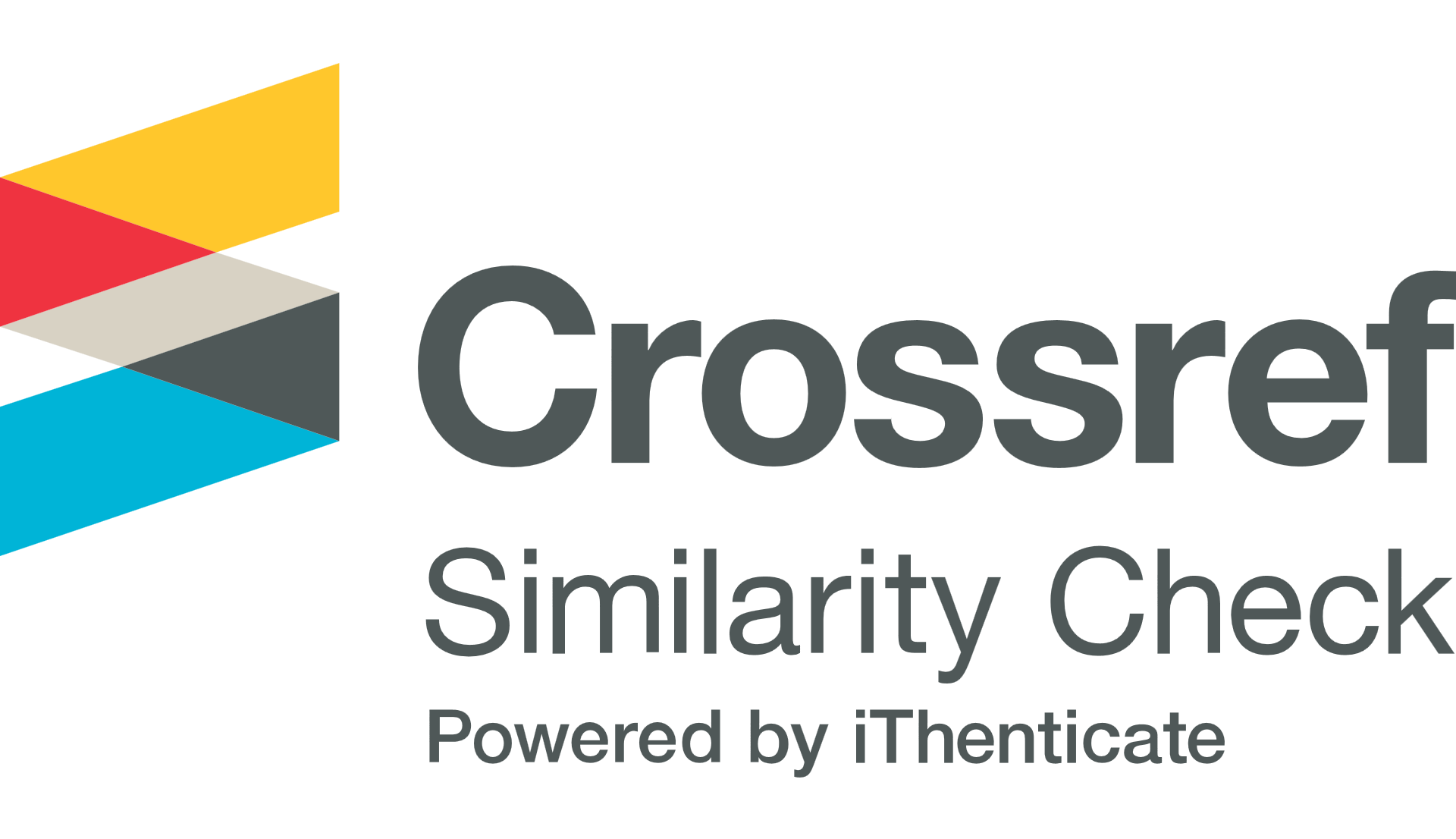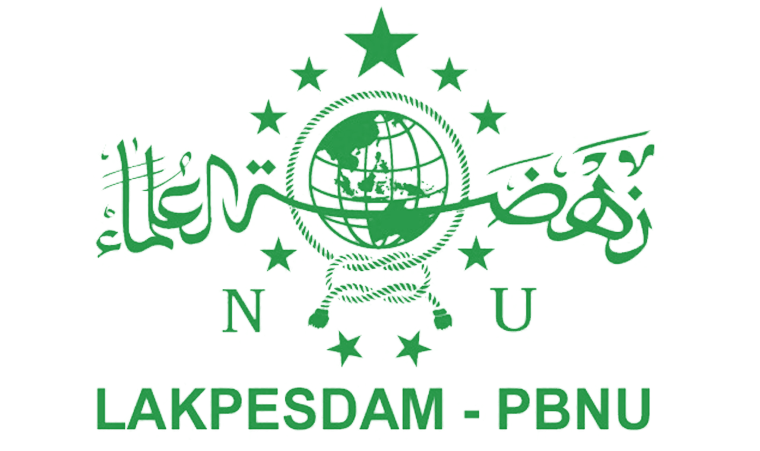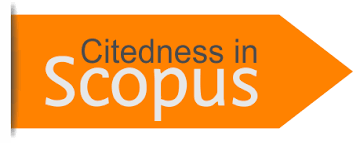INTERNET ADDICTION AMONG MADRASAH ALIYAH STUDENTS
DOI:
https://doi.org/10.31969/alq.v27i2.988Keywords:
internet addiction, madrasah aliyah al-islamiyah, social mediaAbstract
The entry of new technology, the Internet, in people's lives demands adaptation by various groups, including students. With the use of the Internet by students, there will be changes in their lifestyle, which can affect their activities at school. This study focused on the intensity of internet use by students at Madrasah Aliyah (MA) Al Islamiyah Depok City, which then tend to become addicted to the Internet. This study used interview techniques, and the respondents were the Principal of Madrasah, teachers, and students. Document studies were also used to analyze case reports on internet use recorded by Guidance Counseling (BK) teachers. This study also used a questionnaire distributed online to 340 students at MA Al-Islamiyah Depok City. This study found that 14% of students access the Internet for more than 9 hours, 29% of students feel uncomfortable if they are not connected to the Internet, and 54% of respondents feel anxious if they run out of the internet quota, so they will immediately buy the quota. The impact of using the Internet intensively is that students are lazy to do other activities, such as playing with peers and forget about their duties and responsibilities, particularly studying. In addition, even when studying in class, they still use cell phones for social media and listening to music.
References
Asosiasi Penyelenggara Jasa Internet Indonesia. (2017). Infografis: Penetrasi dan Perilaku Pengguna Internet Indonesia.
Alatas, S. (2014). Dampak konvergensi media terhadap akulturasi budaya lokal. Tersedia: http://www. academia. edu/6171985/Dampak_ Konvergensi_Media_Terhadap_Akulturasi
Budaya_Lokal.[20 November 2014].
Arintina, I., & Yarti, R. N. (2019). Menumbuhkembangkan Human Digital Skill Pendidik Di Abad Ke 21. In Prosiding Seminar Nasional Program Pascasarjana.
Anggraeni, Mufidatu Lila, et al. (2016). Hubungan Antara Self Kontrol Dan Internet Addiction Disorder Pada Mahasiswa Jurusan Teknologi Pendidikan Anggatan Universitas Negeri Malang
IDN Times. (2019). Generasi Eksplorasi. Jakarta: KPG.
Bastian, B., Jetten, J., & Radke, H. R. (2012). Cyber-dehumanization: Violent video game play diminishes our humanity. Journal of Experimental Social Psychology, 48(2), 486-491.
Indra, Cynthia Magdalena, et al (2019). Hubungan Kecanduan Internet Dengan Depresi Pada Pelajar Kelas XI di SMA Negeri 9 Binsus manado Tahun Ajaran 2018/2019. Jurnal Medika dan Rehabilitas (JMR), volume 1 Nomor 3
IDN Times. 2019. Generasi Eksplorasi. Jakarta: KPG.
Kellner, D. (1995). Intellectuals and new technologies. Media, Culture & Society, 17(3), 427-448.
Lenţa, O. E., & Cormoş, V. C. (2014). Social Division And Symbolic Violence In The Digital Era. European Journal Of Science And Theology, 10(4), 69-78.
Melissa, E. (2010). Budaya Digital Dan Perubahan Konsumsi Media Masyarakat.
Motschnig-Pitrik, R., & Holzinger, A. (2002). Student-centered teaching meets new media: Concept and case study. Educational Technology & Society, 5(4), 160-172.
Nurkinan. (2017). Dampak Media Online Terhadap Perkembangan Media Konvensional. Jurnal Politikom Indonesiana. Vol. 2 No. 2
Ngafifi, M. (2014). Kemajuan teknologi dan pola hidup manusia dalam perspektif sosial budaya. Jurnal Pembangunan Pendidikan: Fondasi dan Aplikasi, 2(1).
Palupi, Y., & Wates, P. P. I. P. (2015). Digital parenting Sebagai Wahana Terapi Untuk Menyeimbangkan Dunia Digital Dengan Dunia Nyata Bagi Anak
Painter, J., Kristiansen, S., & Schäfer, M. S. (2018). How “Digital-born†media cover climate change in comparison to legacy media: A case study of the COP 21 summit in Paris. Global Environmental Change, 48, 1–10.doi:10.1016/j.gloenvcha.2017.11.003
Pawito. 2014. Meneliti Ideologi Media : Catatan Singkat. Jurnal Komunikasi PROFETIK. Vol. 7. No. 1. Universitas Sebelas Maret Surakarta
Pratt, A. C. (2000). New media, the new economy and new spaces. Geoforum, 31(4), 425-436.
Setianingsih, Amila Wahyuni, A., & Firiana Noor, K. (2018). Dampak Penggunaan Gadget Pada Anak Usia Prasekolah. Gaster.
Setianingsih, S. (2018). Dampak Penggunaan Gadget Pada Anak Usia Prasekolah dapat meningkatkan Resiko Gangguan Pemusatan Perhatian dan Hiperaktivitas. Gaster, Jurnal Ilmu Kesehatan. https://doi.org/10.30787/gaster.v16i2.297
Sriyono, S. (2018). Internet Sebagai Media Pembelajaran. Prosiding Seminar Nasional Pendidikan KALUNI. https://doi.org/10.30998/prossnp.v1i0.29
Septiarti, S. W. (2017). Bab Iii Pendidikan Ditinjau Dari Perspektif Antropologi. Sosiologi Dan Antropologi Pendidikan, 71.
Setyawan, S. 2019. Mengajar Digital Natives: Tantangan bagi Dunia Pendidikan. Academia.Edu
Supratman, L. P. (2018). Penggunaan Media Sosial oleh Digital Native.
Situmorang, J. R. (2012). Pemanfaatan internet sebagai new media dalam bidang politik, bisnis, pendidikan dan sosial budaya. Jurnal Administrasi Bisnis, 8(1).
Tyas, Fany Lukinaning. (2016). Hubungan Antara Adiksi Internet (Internet Addiction) Dengan Kecerdasan emosi Pada Remaja Di SMP Negeri 05 Yogyakarta. Universitas Muhammadiyah Yogyakarta.
Wijaya, E. Y., Sudjimat, D. A., Nyoto, A., & Malang, U. N. (2016). Transformasi pendidikan abad 21 sebagai tuntutan pengembangan sumber daya manusia di era global. In Prosiding Seminar Nasional Pendidikan Matematika (Vol. 1, No. 26, pp. 263-278).
Wuryantai, A. E. W. (2004). Digitalisasi masyarakat: Menilik kekuatan dan kelemahan dinamika era informasi digital dan masyarakat informasi.
Yustiana, A. V. (2018). Hubungan Adiksi Internet Dengan masalah Emosi dan Perilaku Siswa-Siswi Sekolah Menengah Atas Swasta Di Kota Denpasar.https://doi.org/10.1017/CBO9781107415324.004
Additional Files
Published
Issue
Section
License
Authors who publish with this journal agree to the following terms:
- Authors retain copyright and grant the journal right of first publication with the work simultaneously licensed under Creative Commons Attribution-NonCommercial-ShareAlike 4.0 International License that allows others to share the work with an acknowledgement of the work's authorship and initial publication in this journal.
- Authors are able to enter into separate, additional contractual arrangements for the non-exclusive distribution of the journal's published version of the work (e.g., post it to an institutional repository or publish it in a book), with an acknowledgment of its initial publication in this journal.
- Authors are permitted and encouraged to post their work online (e.g., in institutional repositories or on their website) prior to and during the submission process, as it can lead to productive exchanges, as well as earlier and greater citation of published work (See The Effect of Open Access).















